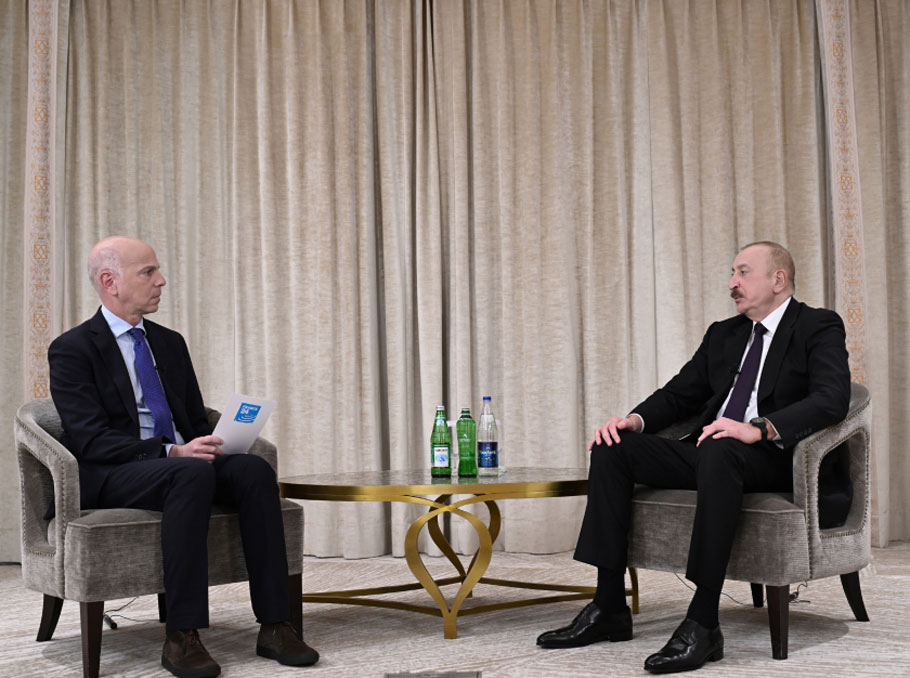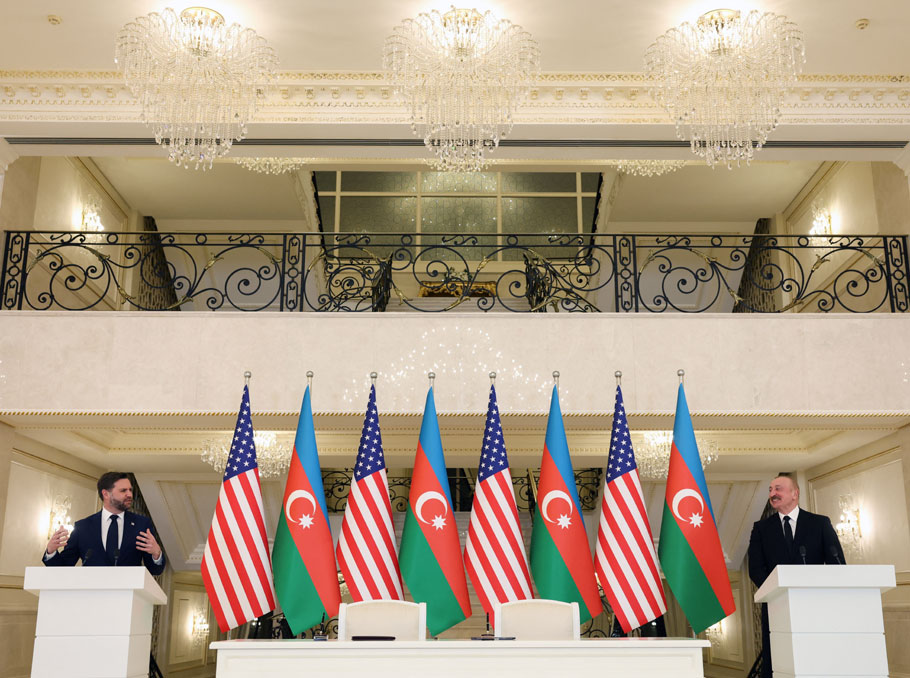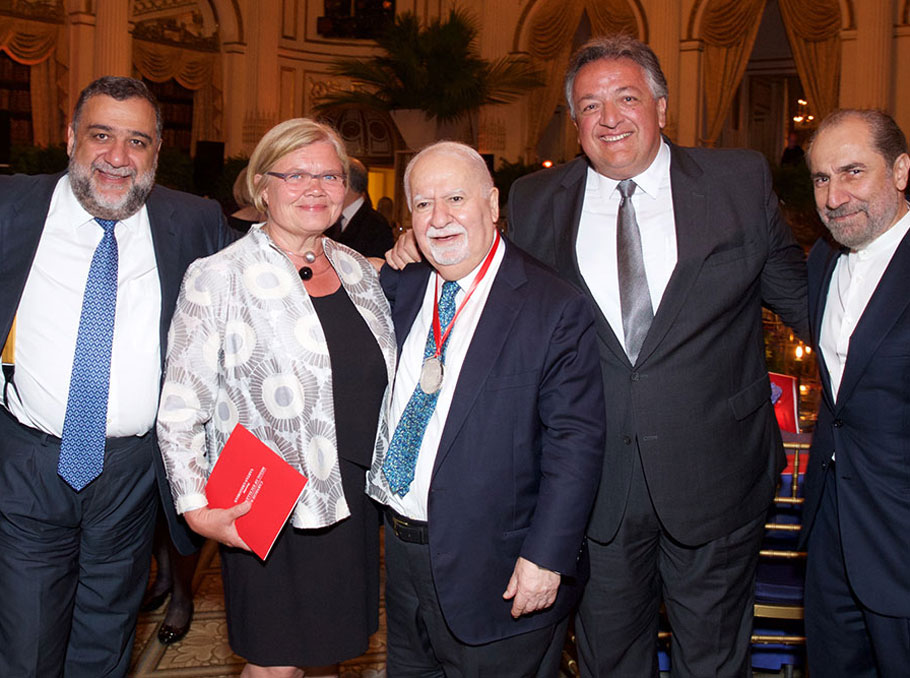Yerevan /Mediamax/. The European Union and the Republic of Armenia today successfully concluded negotiations on a Deep and Comprehensive Free Trade Area (DCFTA), as part of the Association Agreement between the EU and the Republic of Armenia.
Mediamax has learnt this from European Comission today.
At the seventh and final round of negotiations held in Yerevan negotiators reached agreement on the key elements of a deal which will create a new framework for trade relations between the EU and Armenia. The DCFTA will strengthen Armenia's economic integration with the EU by providing better market access for European and Armenian goods and services to each other's markets. It will offer Armenia a framework for modernising its trade relations and for economic development on the basis of far reaching harmonisation of laws and regulations in various trade-related sectors. These reforms will create the conditions for Armenia to bring key sectors of its economy in line with EU standards. The improved trade opportunities brought about by the DCFTA are expected to bring economic benefits to both the EU and Armenia.
An independent study suggests that in the long run the Armenian economy could gain an extra €146 million a year, representing a 2.3% increase in GDP. For its part, the EU is expected to gain by some €74 million.
The DCFTA will have significant impacts on Armenia's trade. The forecast 15.2% increase in Armenian exports and 8.2% increase in its imports in the long run will lead improve Armenia’s trade balance in relative terms.
The EU began negotiating an Association Agreement with Armenia in July 2010. The aim was to replace the old Partnership and Cooperation Agreement with a more advanced relationship. The negotiations on the trade part of this agreement – the Deep and Comprehensive Free Trade Area (DCFTA) – were launched in May 2012. After seven rounds of negotiations, final agreement was reached on 24 July 2013. The Commission will now report to the EU Member States on the negotiated DCFTA text. After that, the EU and Armenia will carry out the next steps to formally mark the finalisation of the DCFTA as part of the Association Agreement.
The EU is Armenia's biggest trading partner, covering some 32% of its trade. Bilateral trade in goods amounted to €951million in 2012.
The country already benefits from preferential access to the EU market through the EU Generalized System of Preferences with additional incentives for sustainable development and good governance ("GSP+"). This means that existing import duties are already very low, so the benefits of the DCFTA, although they also include tariff reductions, will lie predominantly behind the border. Regulatory reform will focus on areas such as sanitary and phytosanitary issues, aiming to bring food safety standards in Armenia up to a par with those in the EU. Armenia will also adapt various laws relating to industrial goods, with an emphasis on domestic safety and consumer protection.





















